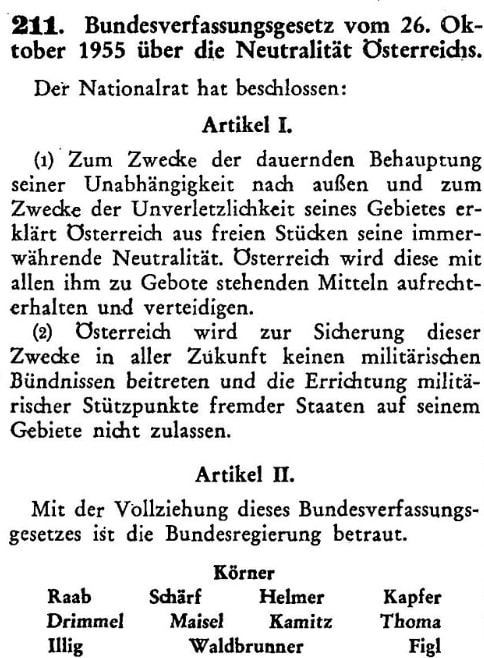Pressreader’s Pseudo-Flatrate
Pressreader claims to offer 7000+ newspapers and magazines from around the world for one subscription—effectively a flatrate. About a week ago I signed up for a subscription.

Pressreader Ad in mobile browser
Since I had been subscribing to both an American and a British paper at a higher combined monthly cost than the Pressreader subscription, and I would be able to add a few more papers (i e. German, Austrian, Dutch, Israeli papers) at no extra cost, this seemed to be a no-brainer.
Now, the thing is, I rarely read a newspaper or magazine from cover to cover; rather, I will scroll through, glance at the headlines, and read only those articles which catch my interest or strike my fancy. Often I will only go to a particular paper or magazine wben I come across a link to an article on, say, Facebook, and the story is behind a paywall.
Imagine my surprise, then, when, less than a week after subscribing, every time I open a newspaper I get a pop-up complaining that I have been reading too much:

Pressreader Pop-Up
The pop-up suggests that I might be using Pressreader professionally (instead of in a personal capacity as my subscription allows) and that I should probably upgrade from my $30/mo Premium (personal use) subscription to a $100+/mo Corporate subscription:

Pressreader Subscription Rates
Now I realize that this is phrased as a question, “If you are using this account professionally …”, but since it persistently keeps popping up again and again, it feels very much like an accusation.
I am retired (i.e. I don’t do anything professionaly, anymore), an avid reader, and currently bedridden, so I have a lot of time on my hands; nevertheless I don’t feel I have spent nearly enough time with Pressreader to warrant questioning my personal use (after all, I also have €9.99 subscription to Readly for a couple of magazines not included in Pressreader, and I also spend a lot of time reading on my Kindle).
Perhaps the problem is that I follow (have marked as favourites) 27 newspapers and a handful of magazines, but of course I don’t actually read (or even download) all of them every day, and Pressreader nowhere states a limit on the number of publications one may follow — or read, for that matter. If there is indeed such a limit, or a hard limit on how many articles a day/week/month one is allowed to read with a personal subscription, then this should be clearly stated and potential subscribers warned about it before signing up. Otherwise this is false and misleading advertising.
So to put it bluntly: Apart from the fact that it is annoying to have to click away the stupid pop-up I feel insulted and harrassed by the insinuation that I am abusing my account, and I expect Pressreader to fix this. Because I suspect there really are no hard limits as mentioned above, and Pressreader‘s abuse detection algorithm is simply way too aggressive.


 In this photo taken from a video clip circulated on Telegram and Twitter, a captured young Russian soldier is seen sipping tea and eating a snack as he tries to compose himself. A woman standing next to him is trying to connect a video call to his home. Soon the call connects and the soldier breaks into tears. He looks too stunned to speak but he blows kisses to the camera, as people pat him on his back to calm him down. In the video a bystander can be heard saying in the video, “These young men, it’s not their fault. They don’t know why they are here.” Another person joins him and says, “They are using old maps, they are lost.”
In this photo taken from a video clip circulated on Telegram and Twitter, a captured young Russian soldier is seen sipping tea and eating a snack as he tries to compose himself. A woman standing next to him is trying to connect a video call to his home. Soon the call connects and the soldier breaks into tears. He looks too stunned to speak but he blows kisses to the camera, as people pat him on his back to calm him down. In the video a bystander can be heard saying in the video, “These young men, it’s not their fault. They don’t know why they are here.” Another person joins him and says, “They are using old maps, they are lost.”